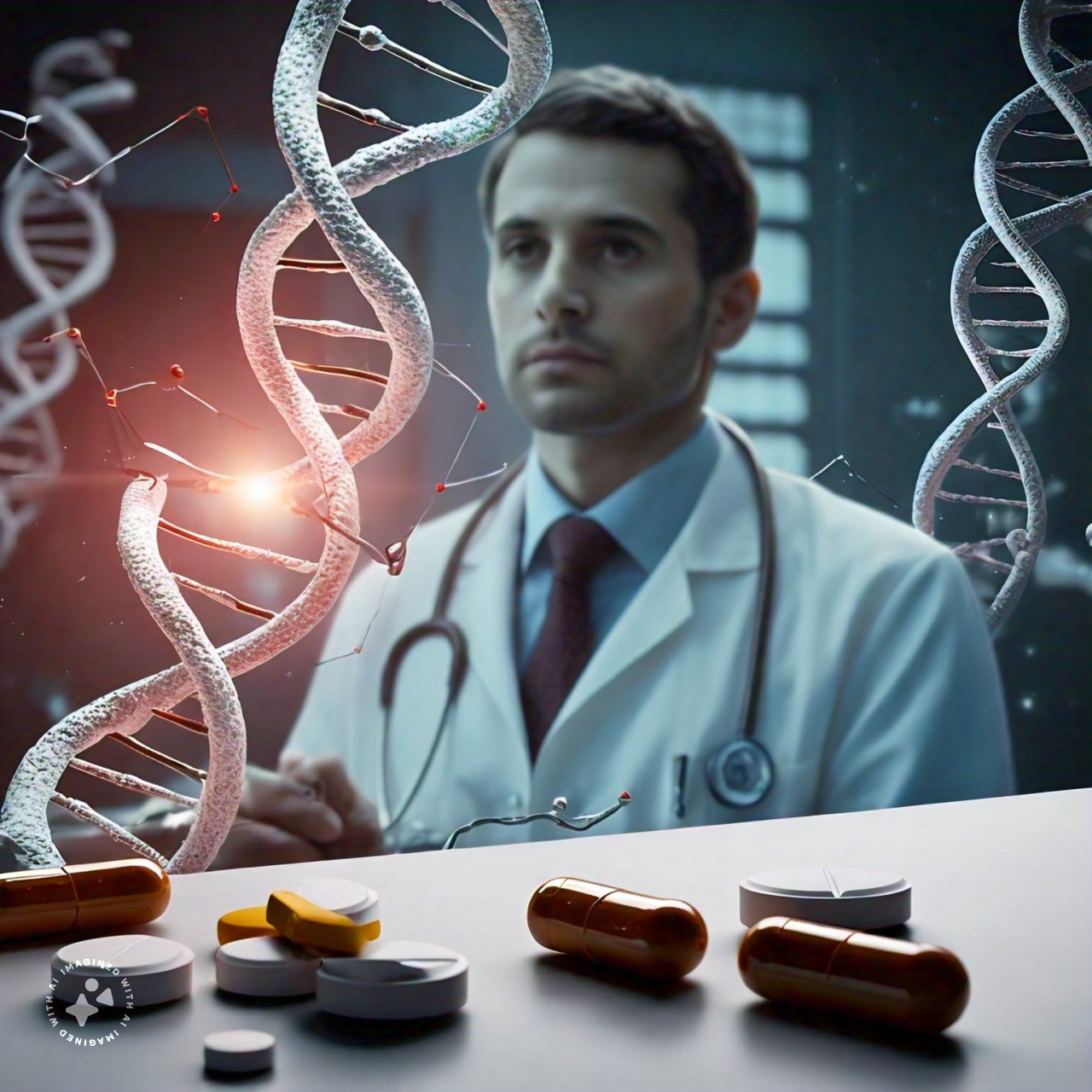Stevens-Johnson Syndrome (SJS) is a rare, serious disorder affecting skin and mucous membranes. This condition is often a reaction to medication or an infection and can be life-threatening. Despite its severity, many are unaware of what SJS entails, its symptoms, causes, and treatment options. This blog post aims to shed light on this critical health issue.
What is Stevens-Johnson Syndrome?
Stevens-Johnson Syndrome is a severe skin reaction that detaches the epidermis, the outer layer of skin, from the dermis, the layer beneath. This condition can affect any body part, including the eyes, mouth, and genital area, leading to painful sores and blisters.
Symptoms of Stevens-Johnson Syndrome
The onset of SJS often begins with flu-like symptoms such as fever, sore throat, and fatigue. These initial symptoms can be misleading, making early diagnosis challenging. As the condition progresses, more severe symptoms emerge, including:
Painful red or purplish rash that spreads and blisters
Shedding of the skin
Swelling of the face and tongue
Hives
Pain in the skin
Cough, fever, and sensitivity to light
Mucous membrane ulcers, including those in the mouth, nose, and eyes
The severity of the skin damage in SJS can vary, but in extreme cases, it can cover up to 30% of the body. When the condition covers more than 30%, it is often classified as Toxic Epidermal Necrolysis (TEN), a more severe form of SJS.
Causes and Risk Factors
SJS is most commonly triggered by an adverse reaction to medication. Some of the drugs frequently associated with SJS include:
Antibiotics (e.g., penicillin)
Anti-inflammatory drugs (e.g., ibuprofen, naproxen)
Anticonvulsants (e.g., phenytoin, carbamazepine)
Sulfa drugs (e.g., sulfamethoxazole)
Infections such as herpes, pneumonia, and HIV can also trigger SJS. Additionally, genetic factors can increase susceptibility, especially in individuals with certain genetic markers like HLA-B*1502, which is more common in people of Asian descent.
Diagnosis and Treatment
Diagnosing Stevens-Johnson Syndrome requires a thorough medical examination, including a review of the patient’s medical history and recent medication usage. Skin biopsies may also be performed to confirm the diagnosis.
Treatment for SJS typically involves hospitalization, often in an intensive care unit or a burn unit, due to the extensive skin damage. Key aspects of treatment include:
Stopping the offending medication: Identifying and discontinuing the use of the medication that triggered the reaction is crucial.
Wound care: Like treating burn victims, managing open wounds to prevent infection is essential.
Pain management: Pain relief is a critical part of patient care.
Fluid replacement: Ensuring adequate hydration and electrolyte balance is vital.
Nutritional support: Proper nutrition supports healing and recovery.
Medications: Corticosteroids and immunoglobulins may reduce inflammation and suppress the immune response.
Prognosis and Recovery
The recovery period for SJS can be prolonged, often taking weeks to months. Patients may experience long-term complications, including:
Scarring and pigmentation changes
Vision problems if the eyes were affected
Chronic pain
Psychological impact due to the trauma of the condition and its treatment
Raising Awareness
Given the severity and potential fatality of Stevens-Johnson Syndrome, raising awareness about this condition is crucial. Early recognition and prompt medical attention can significantly improve outcomes for those affected. Patients and healthcare providers should know the potential risks associated with medications that trigger SJS and monitor for early signs and symptoms.
Conclusion
Stevens-Johnson Syndrome is a serious and often misunderstood condition that requires immediate medical intervention. By understanding its symptoms, causes, and treatment options, we can better support those affected and potentially save lives through early detection and response. If you or someone you know is experiencing symptoms that could indicate SJS, seek medical attention immediately. Your vigilance could make all the difference.







